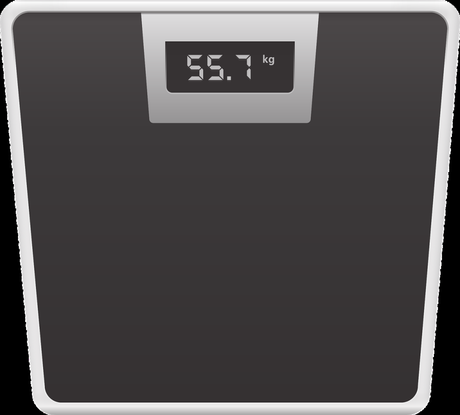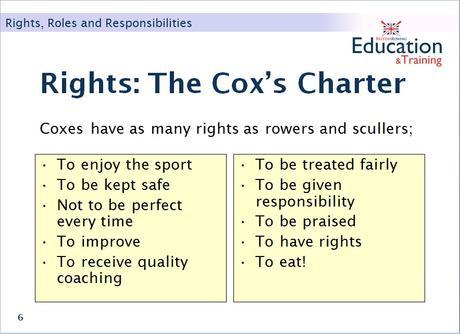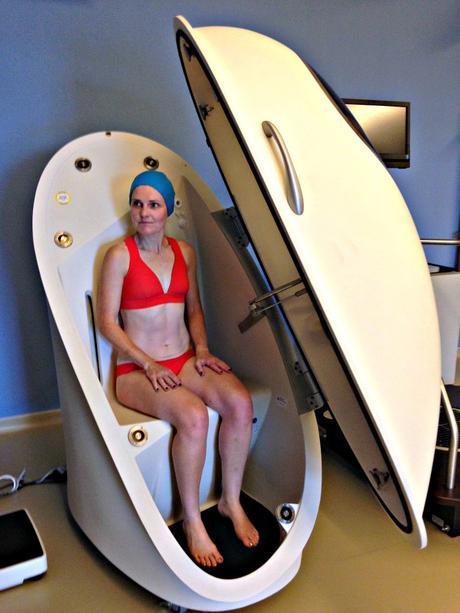
It’s OK to be over 55 kg
We’ve all been guilty of this, to some degree or another. Perhaps you haven’t actually pinned your cox to the wall and told them they need to lose weight, or wrestled a Snickers out of their hand. But I’ll bet you’ve joked with your cox at lunch time on race day. “Hope you’re not eating ALL OF THAT SANDWICH”. Or, “You won’t be having any cake until after we’ve raced, will you?” Or maybe you’re a school coach who has watched your tiny prize cox suddenly developing hips (as girls do) or pre-pubescent chunkiness (as boys do) and gently suggested they might go easy on the Big Macs.
So listen up, because this is important (and I urge you to read this post all the way to the end, because it really is very, very important). I’m here to tell you that, however lighthearted or well-intentioned your joshing might be, however much you think your cox can take the joke, however tactful you imagine your words, it is NOT OK – it is NEVER OK – to suggest, even in jest, even out of concern, that your coxswain should lose weight. Unless you’re the GB official coach or dietitian. And even then, only with care.
But really, what’s the big deal? Why can’t you ask your cox to keep their weight down or lose a few lbs? Isn’t being light part of the job description? Isn’t that why coxes have to be weighed for regattas?
Well, in a word, no. Here are five very good reasons why you should never ask your cox to lose weight. Again, I urge you to read them all, to the end.
1. Your cox has officially and deliberately been given the right to eat by British Rowing, which understands how important this issue is. They have even enshrined it in British Rowing’s Cox’s Charter:

2. The coxes’ weights prescribed by FISA (55kg for men’s crews and 50 kg for women’s and mixed crews) are MINIMUM weights, not maximum ones. They are designed to safeguard coxes against the pressure to lose weight. These weights are NOT, repeat NOT, aspirational weights for your coxswain.
To put it into context, I’m 5’3″ and generally regarded as pretty slight (some would say tiny). When I had my body composition tested last year in a super-accurate (and frankly terrifying) contraption called a BodPod, my body fat percentage was a mere 18.2% which put me just on the border of the ultra-lean category. On a light day I’m 53kg. If I tried to get down to 50kg to cox a women’s race I would be underweight to a very unhealthy degree. Now imagine someone several inches taller than me trying to do the same. Exactly.

Having my body composition tested – this is what 53 kg looks like
3. The weight of your cox only has a marginal effect on the performance of your boat. Coxswain extraordinaire, Zoe de Toledo, who coxes the GB women, has a brilliant analysis of the issue on her blog, here. Amongst other things, she points out that only in an elite boat are a few kgs here and there going to make a difference. “Unless you are in a world class boat, and you are winning or losing races by only a seat or two, and your athletes are not carrying any extra weight on them, or even have their water bottles or some extra kit in the boat….then a few kilos is going to make very little difference to your performance”, she says.
4. A starving cox is not a safe or effective cox. You need all your wits about you when you’re coxing, and the last thing you need is to have your head swimming, your brain fuzzy and your mind fixated on food. It will cost far more than a precious half-second or two if you make a serious coxing error.
5. Most importantly of all, asking someone to lose weight – especially a growing teenager – can be downright dangerous. In case you don’t know much about eating disorders, let me give you a very quick crash course:
(a) An eating disorder is a brain disorder, and until you develop one, nobody (including you) knows if you have the genetic predisposition that is now thought to be responsible for one person developing one and not another.
(b) If you do happen to be genetically predisposed, losing even a relatively small amount of weight could trigger it. You can develop an eating disorder without looking particularly underweight or having a particularly low BMI.
(c) You can develop an eating disorder – even anorexia – without, in the case of a woman, losing your periods.
(d) You can develop an eating disorder without having any major psychological traumas or problems and even without intending to develop one.
(e) You can develop an eating disorder if you are male. About one in 11 cases are boys or men.
Even if you don’t trigger an eating disorder, putting pressure on someone sensitive about their appearance to lose weight can make them self-conscious, unhappy and unnecessarily anxious about their weight and appearance.
So I’ll say it again. Do not, ever, EVER put pressure on your cox to lose weight. Especially if your cox is a junior. It won’t make much difference to your boat speed, it won’t help their coxing, it breaches their rights, and could be catastrophic.
And if you’re a cox and somebody asks you to lose weight, I suggest you take a leaf out of Zoe de Toledo’s book. When one rower suggested she lose weight, she told him that his ego weighed more than her extra 2kg.
